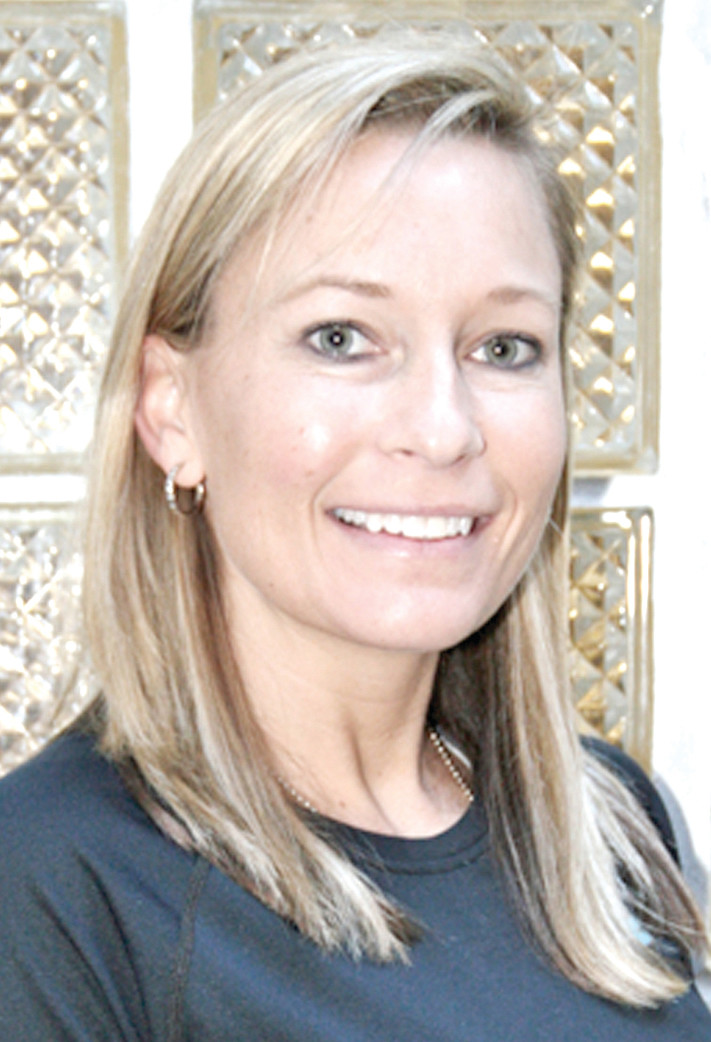Help your body age better through cardio exercise

Special to The Sumter Item
When we're born, we inherit genes from our parents that determine everything from appearance to intelligence to our health risks.
Our genes influence how we look on the outside and how we work on the inside. Regardless of the genes you were dealt at birth, scientists think you have the ability to influence them and change the outcome, the most important factors being your lifestyle choices, which can awaken or suppress certain genes.
Our genes are made up of DNA (deoxyribonucleic acid) which has the ability to make copies of itself and carry important information throughout the body. From birth, our cells have the ability to repair DNA damage, but as we get older the ability to repair this damage slows, causing our cells to age. In addition to our own lifestyle, there are many external factors that can alter our DNA: lack of sleep, poor nutrition, inactivity, stress and environmental exposures.
DNA is made up of chromosomes, and protecting the health of your DNA starts at the chromosome level. At the outer tip of each chromosome are protein caps called telomeres which protect genes from damage. The goal is to keep these telomeres long and strong.
The latest science shows that you can reverse the age of your DNA through exercise. Exercise stimulates the production of the enzyme telomerase which promote healthy DNA. However, it's not just any type of exercise. Research shows the most effective type of exercise that has an impact on telomeres is cardiovascular exercise.
In a recent six-month study of weight training versus cardio, the weight-training group saw no change in their telomeres while the cardio group saw a 3 to 4 percent increase in telomere length. Each group exercised three days a week. It has been concluded that the higher overall heart rate while doing interval or endurance exercise stimulates the cells that line the inside of our blood vessels, which causes an increase in telomere length.
This doesn't mean that weight training isn't important or necessary. Weight training is absolutely vital to maintaining strong muscles and bones as we age. But when it comes to telomeres, cardio is king. And even if you haven't been exercising or doing cardio, the good news is that you can rebuild and strengthen your telomeres once you start.
It is recommended by experts to track your own telomere fitness every 5-10 years and alter your exercise program and lifestyle choices based on those results. A simple blood test can rate your cellular age based on telomere length.
Missy Corrigan is executive of community health for Sumter Family YMCA. She can be reached at mcorrigan@ymcasumter.org or (803) 773-1404.
More Articles to Read
